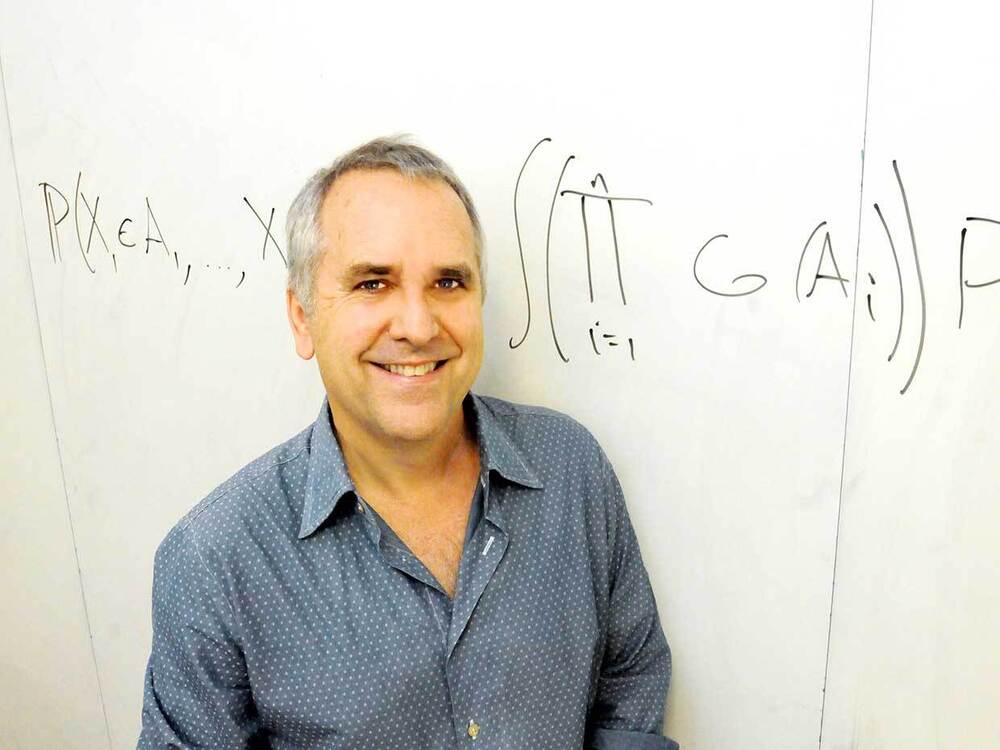Michael I. Jordan explains why today’s artificial-intelligence systems aren’t actually intelligent.
THE INSTITUTE Artificial-intelligence systems are nowhere near advanced enough to replace humans in many tasks involving reasoning, real-world knowledge, and social interaction. They are showing human-level competence in low-level pattern recognition skills, but at the cognitive level they are merely imitating human intelligence, not engaging deeply and creatively, says Michael I. Jordan, a leading researcher in AI and machine learning. Jordan is a professor in the department of electrical engineering and computer science, and the department of statistics, at the University of California, Berkeley.
He notes that the imitation of human thinking is not the sole goal of machine learning—the engineering field that underlies recent progress in AI—or even the best goal. Instead, machine learning can serve to augment human intelligence, via painstaking analysis of large data sets in much the way that a search engine augments human knowledge by organizing the Web. Machine learning also can provide new services to humans in domains such as health care, commerce, and transportation, by bringing together information found in multiple data sets, finding patterns, and proposing new courses of action.
“People are getting confused about the meaning of AI in discussions of technology trends—that there is some kind of intelligent thought in computers that is responsible for the progress and which is competing with humans,” he says. “We don’t have that, but people are talking as if we do.”
